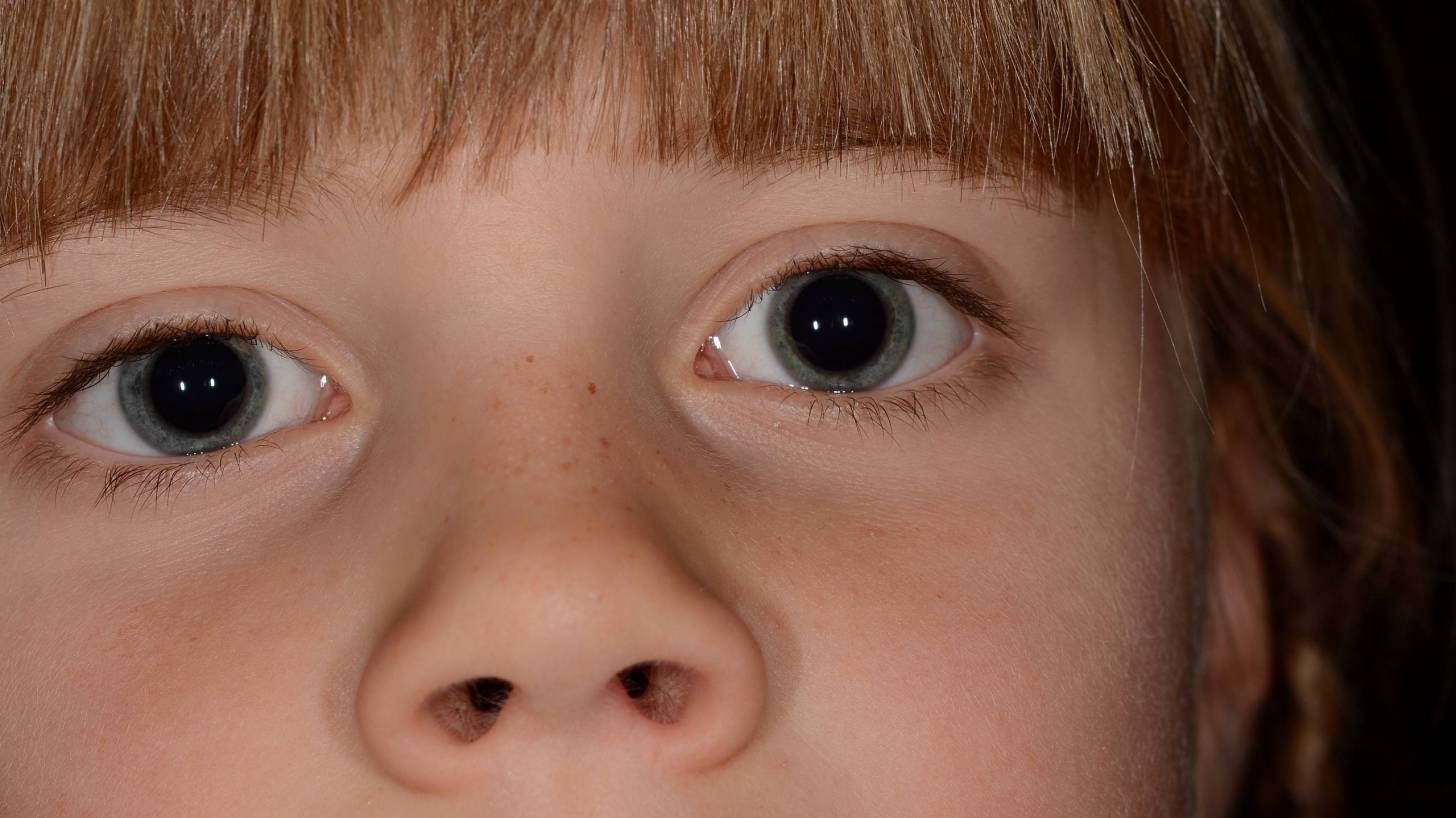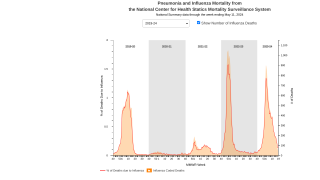Nasal Flu Vaccine Not Associated With Children’s Asthma

Researchers are reporting they found no evidence of increased risk of subsequent asthma diagnosis among children younger than 3 years of age who received Live-attenuated influenza vaccines (LAIV).
LAIVs are administered as a nasal spray.
These researchers wrote in the Pediatric Infectious Disease Journal, "LAIVs are not currently licensed for use in children younger than 2 years of age, given concerns of a possible association between LAIV and wheezing in this age group.”
The lack of available LAIVs for children less than 2 years of age is a major limitation to disease prevention in low- and middle-income countries, given that this age group has the greatest pediatric influenza disease burden.
There are currently 2 different LAIV technologies in use:
- Ann Arbor backbone-LAIV produced by AstraZeneca in the United Kingdom, licensed under the names FluMist (United States/Canada) and Fluenz (European Union/European Economic Area), which is licensed in North America and Europe, respectively. The wheezing signal is specific to the Ann Arbor vaccines.
- Russian backbone-LAIV produced in Russia (Ultravac) and India (Nasovac-S) and used primarily in those 2 countries.
During February 2018, the Advisory Committee on Immunization Practices (ACIP) voted in favor of FLUMIST® QUADRIVALENT (Influenza Vaccine Live, Intranasal) in the US for the 2018-2019 season.
Over the past 2 years, the ACIP found that the FluMist vaccine had grown less effective in the USA, possibly due to shifts in circulating flu strains.
Beginning in 2000, Kaiser Permanente scientists conducted a placebo-controlled randomized clinical trial of LAIV in children.
They identified 1,151 children who had received 2 doses of the same treatment (LAIV or placebo) at the time of the trial. These subjects were followed up until they dropped from Kaiser membership or until they received a first asthma diagnosis.
Of included subjects, 503 (43.6%) were 12–23 months and 651 (56.4%) were 24–35 months old. A total of 762 (66.2%) subjects received LAIV, and 389 (33.8%) subjects received placebo.
These Kaiser scientists found no evidence of increased risk of subsequent asthma diagnosis among children who received LAIV compared with placebo after 14-year follow-up.
This Kaiser study demonstrates that children receiving a dose of LAIV before 3 years of age are no more likely to receive an asthma diagnosis in the subsequent 14 years than children receiving placebo.
Funding for this study came from a technical service agreement from the World Health Organization Initiative for Vaccine Research. Two of these researchers reported research grants for other studies from CDC, MedImmune, Sanofi Pasteur, GSK, Novartis (now GSK), Pfizer, Merck and Protein Sciences. The other authors have no conflicts of interest to disclose.
Our Trust Standards: Medical Advisory Committee

























